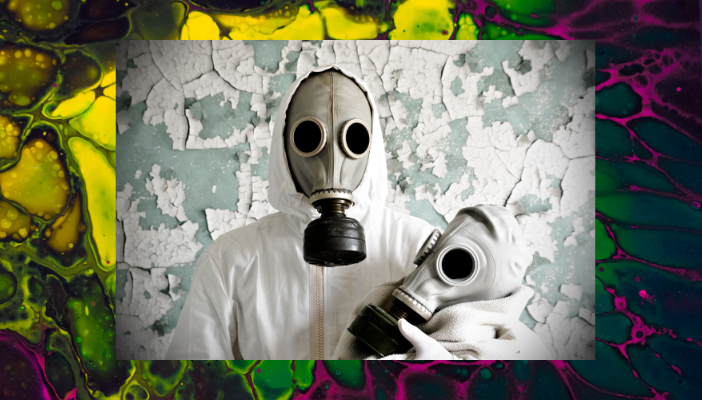Toxic people make workplaces toxic!

A toxic work culture is dangerous for companies and for employees.
The first consequence is that leaders drive with blinders on: They lose transparency about what is happening in the business and only get to hear what their lieutenants deem “worthy.” So they miss a lot of critical intelligence that should inform their decision-making.
Sometimes leaders are either purposely or blissfully unaware of their toxic cultures, even as employees feel the full effect of the toxicity every day. I met a new coaching client three weeks ago. Before the assignment began, I met with some of his executive leaders, and they described the culture in very positive terms. Last week, I met some of my client’s front-line employees, and they described a completely different picture. They said they were afraid to speak their minds, were punished if they pointed out ways to make the work more efficient, and were afraid of their managers. They described a toxic culture. They even said, “We (“the company”) describe ourselves one way to people outside, but we know it is all drivel.”
Employees who deal with this psychologically unsafe situation daily become traumatized. They know the toxicity is present but feel powerless to make things better. They are, in effect, being gaslighted to pretend as if the toxic behaviors aren’t real, even though they are constantly experiencing them.
What are the signs of a toxic culture?
The most common signs of a toxic work culture are:
- employees who refuse to speak up,
- leadership decision-making that takes too long and does not include the right stakeholders and,
- employees who are in pretend mode about the work quality, quantity or interpersonal interactions they have daily.
So, what should leaders do to correct a toxic work culture?
- Create the kind of culture that makes employees want to work there.
- Support “speaking up”,
- “Listen down,” and then “act up” (make changes to support psychological safety that only those in charge can make).









